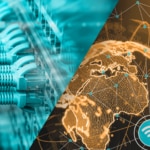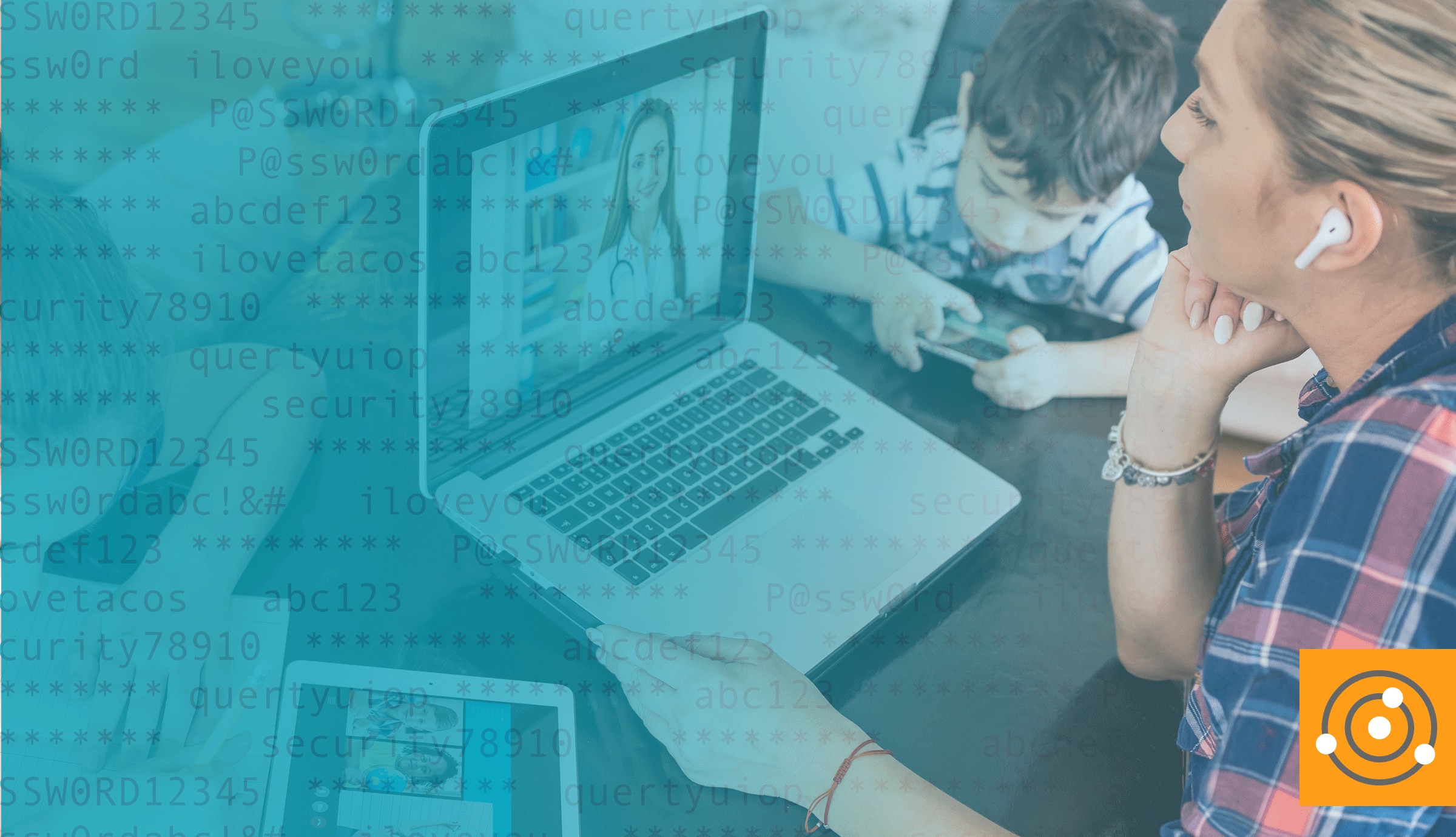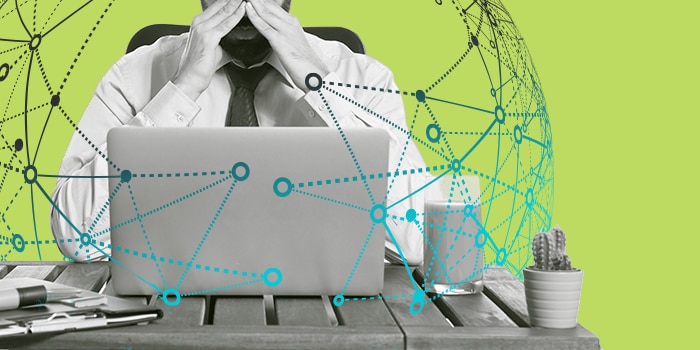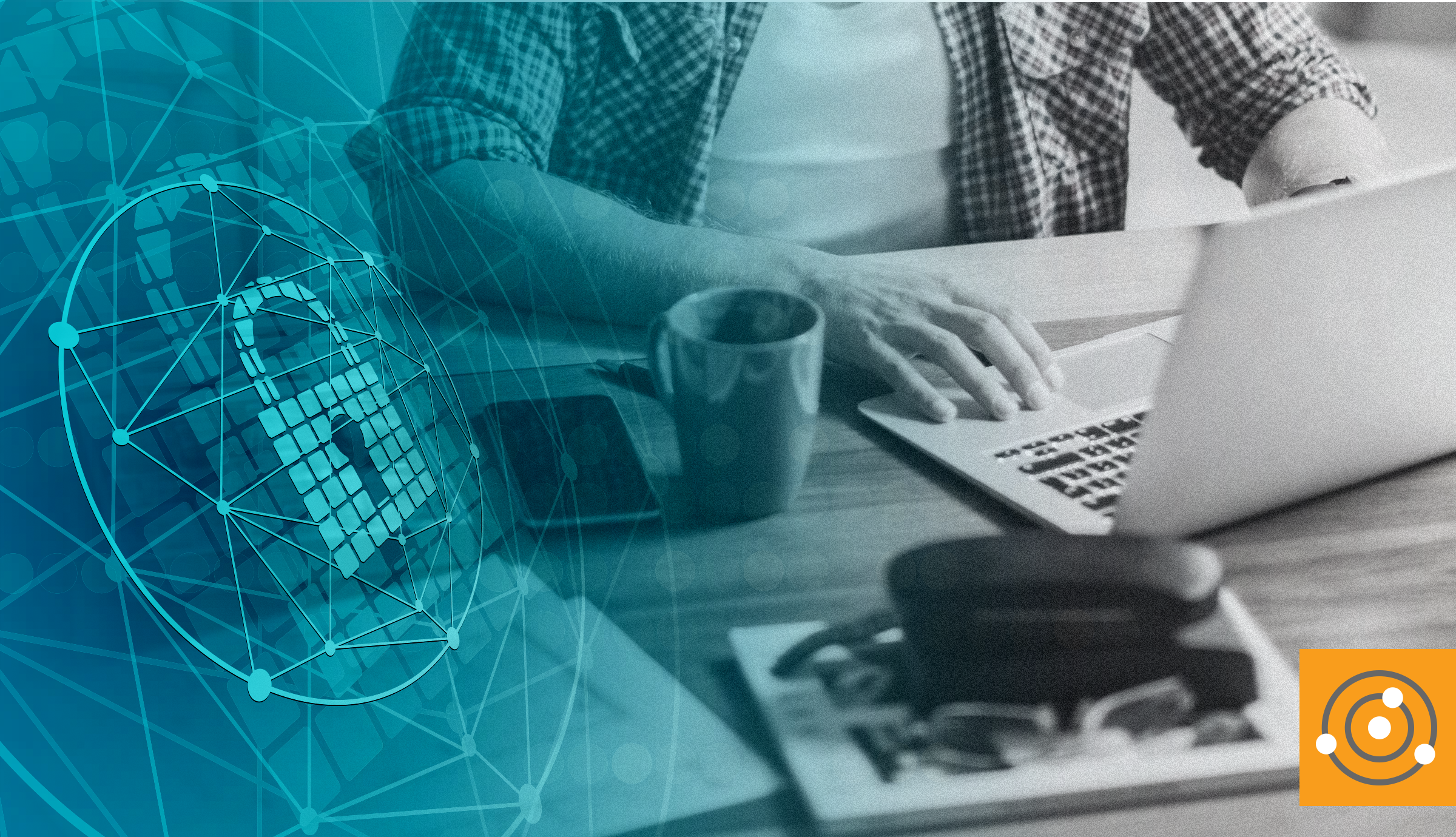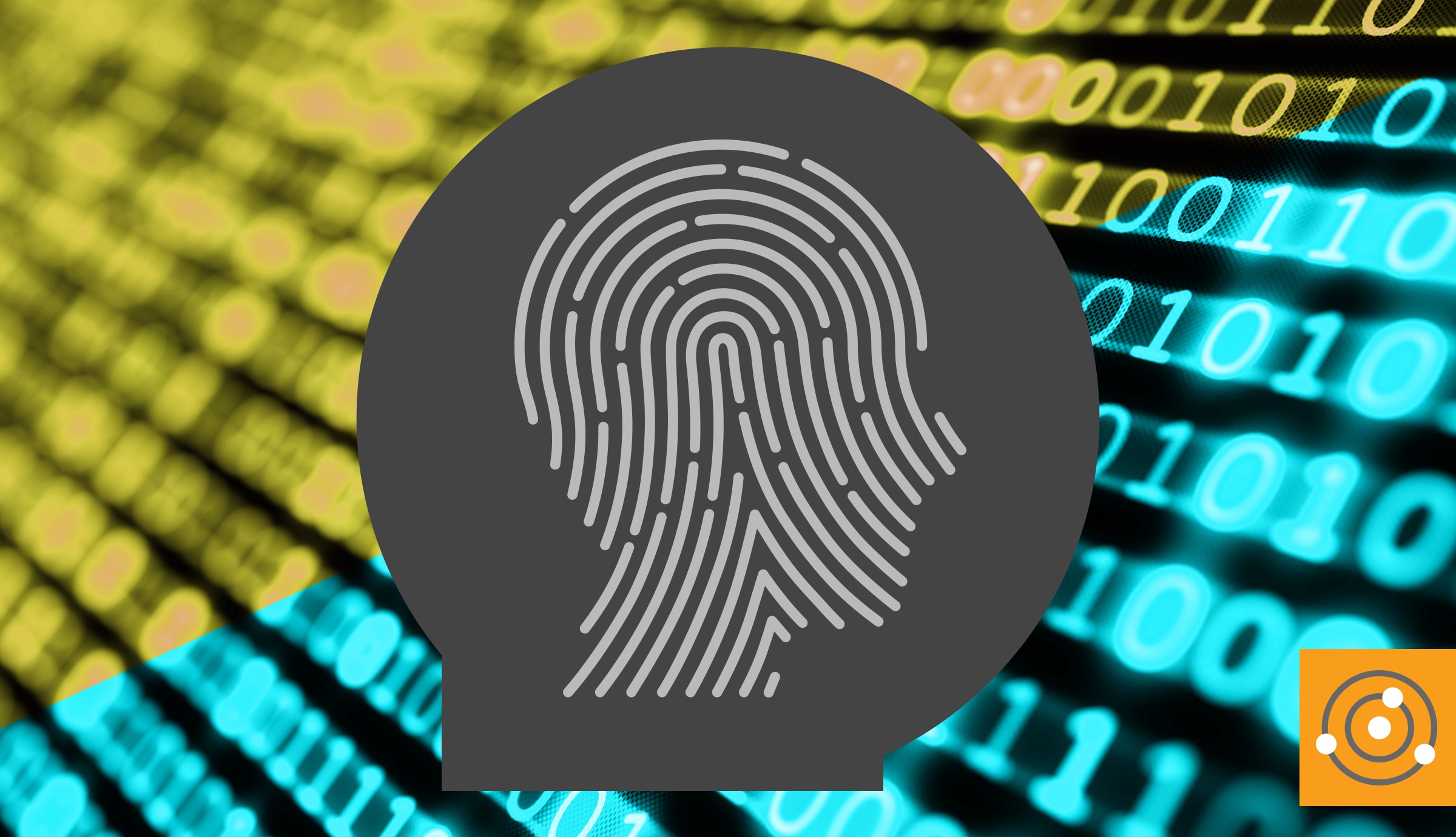IoT and Privacy: The Connected Toilet Strikes Again
May 18, 2020 |
Security
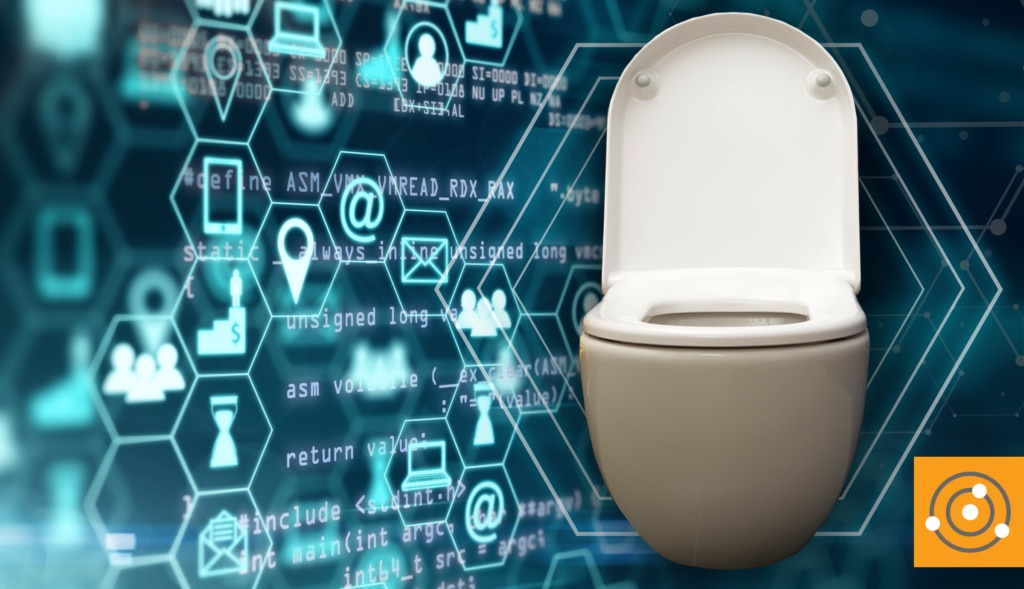
There’s a new loo. If you’re a gadget-head, you’ve probably seen more than a few of the bizarre inventions debuted at CES over the years, including the new smart toilets. But, have you seen the connected health-tracking toilets? Yeah, it’s a real thing. They collect and analyze specimen samples of human waste for health purposes, and they’re about to be the next big thing. In fact, back in 2015, Alphabet filed a patent on non-invasive health sensors including—you guessed it—a toilet with sensors to detect indicators of cardiac disease. And in the early 2000s, Toto released one to track sugar and hormone levels.
It’s a hard pill to swallow for some. Discussing our excrement, especially in the U.S., brings along the “ewww” factor for sure. But just imagine—your trusty toilet could be the IoT gadget that saves your life. Human waste holds hidden clues to our health and connected toilets can detect disease early via cameras, temperature and pressure sensors, impedance, and chemical analysis.
What can a health-tracking toilet tell us? Starting with the mundane, some measure body weight and composition, heart rate, and blood pressure. The ability to monitor sugar and proteins means you’ll also be alerted about early diabetes and kidney disease, cholesterol, and vitamin deficiencies.
Getting a bit more personal, ladies, your connected toiled can help you monitor your monthly cycle and identify pregnancy, and don’t worry gents, we have something for everyone. Pick the right model and you can have PSA monitoring right from the comfort of your throne.
But wait—there’s more! Some units, including those being tested in China, have a fingerprint scanner embedded in the flush handle. Other units are designed to connect to data analysis systems in the cloud to leverage AI to detect and model outbreaks of diseases such as cholera.
In an era of wearable health devices and quantified-self trends, it’s no surprise the connected toilet is coming to fruition. After all, millions of people sport Fitbits and similar trackers, with 90% of those users willing to share the health data with their physician and more than 70% willing to share with their insurance carrier.



